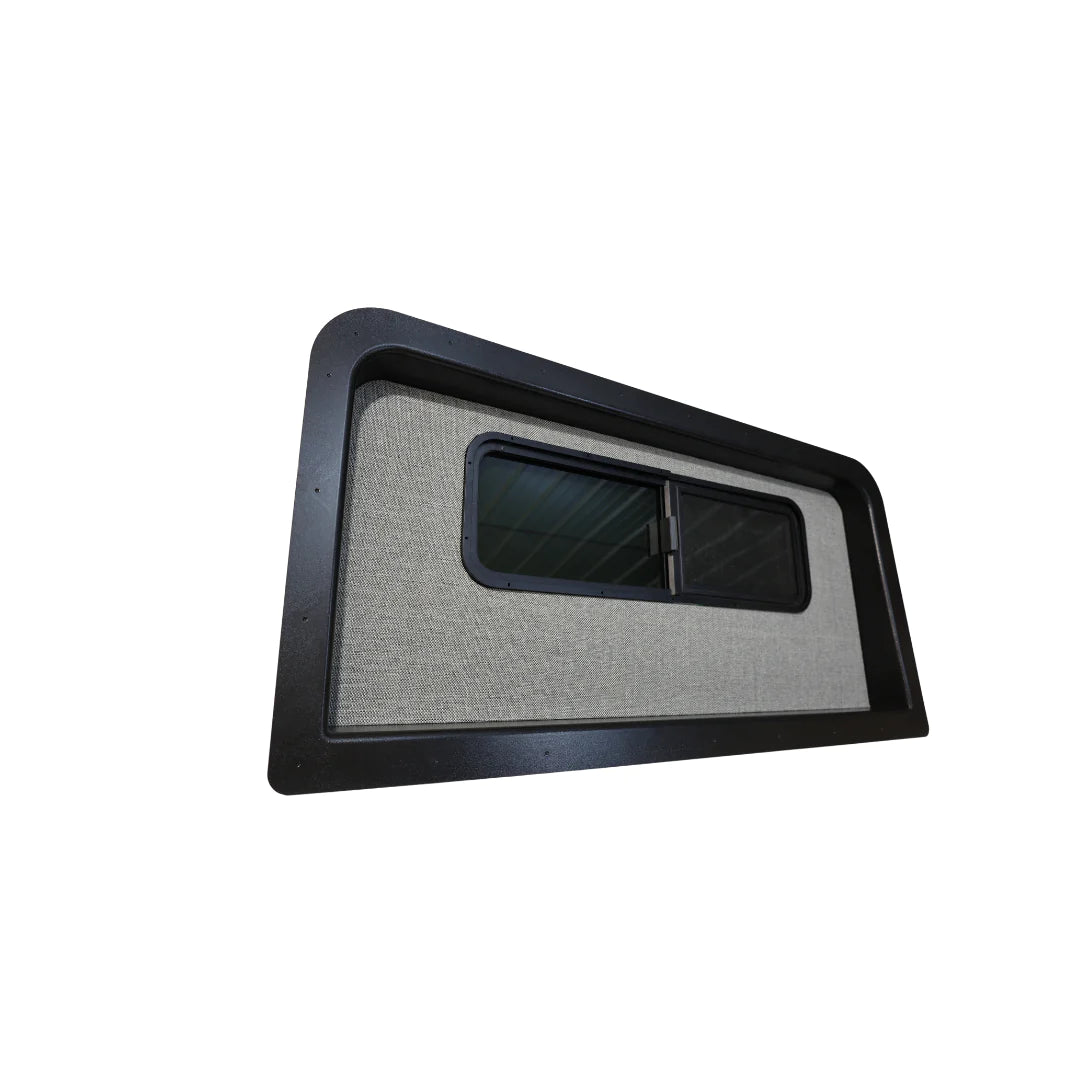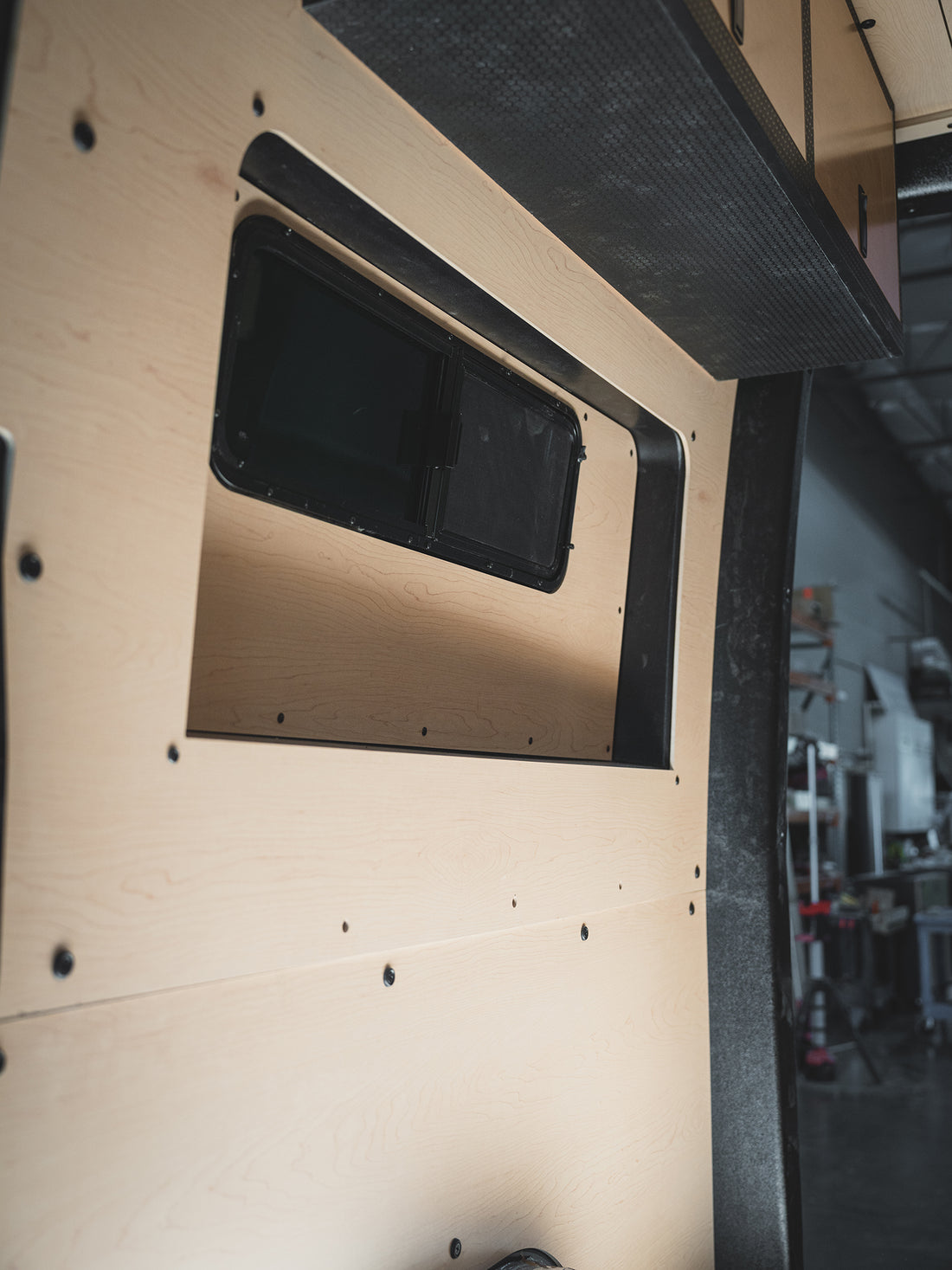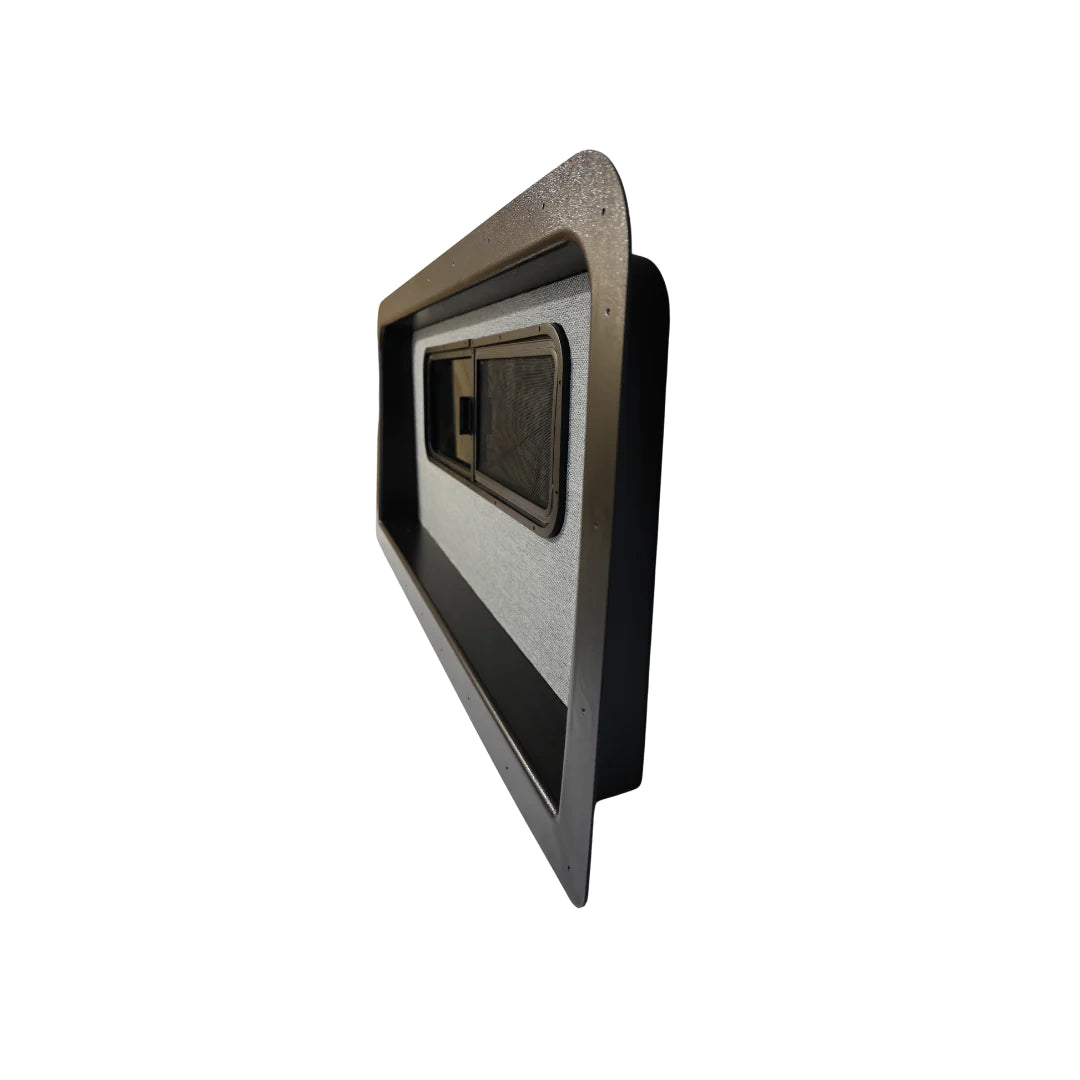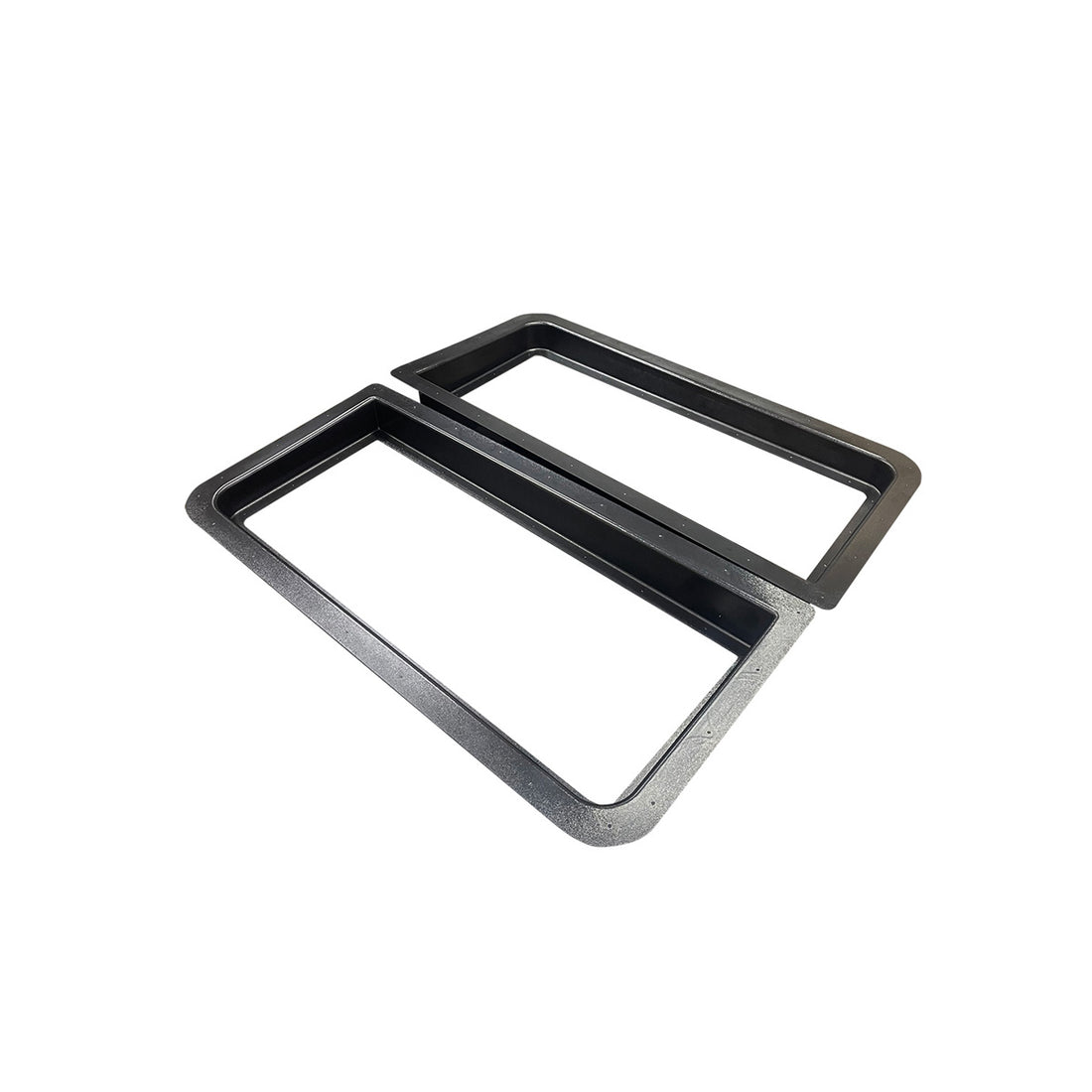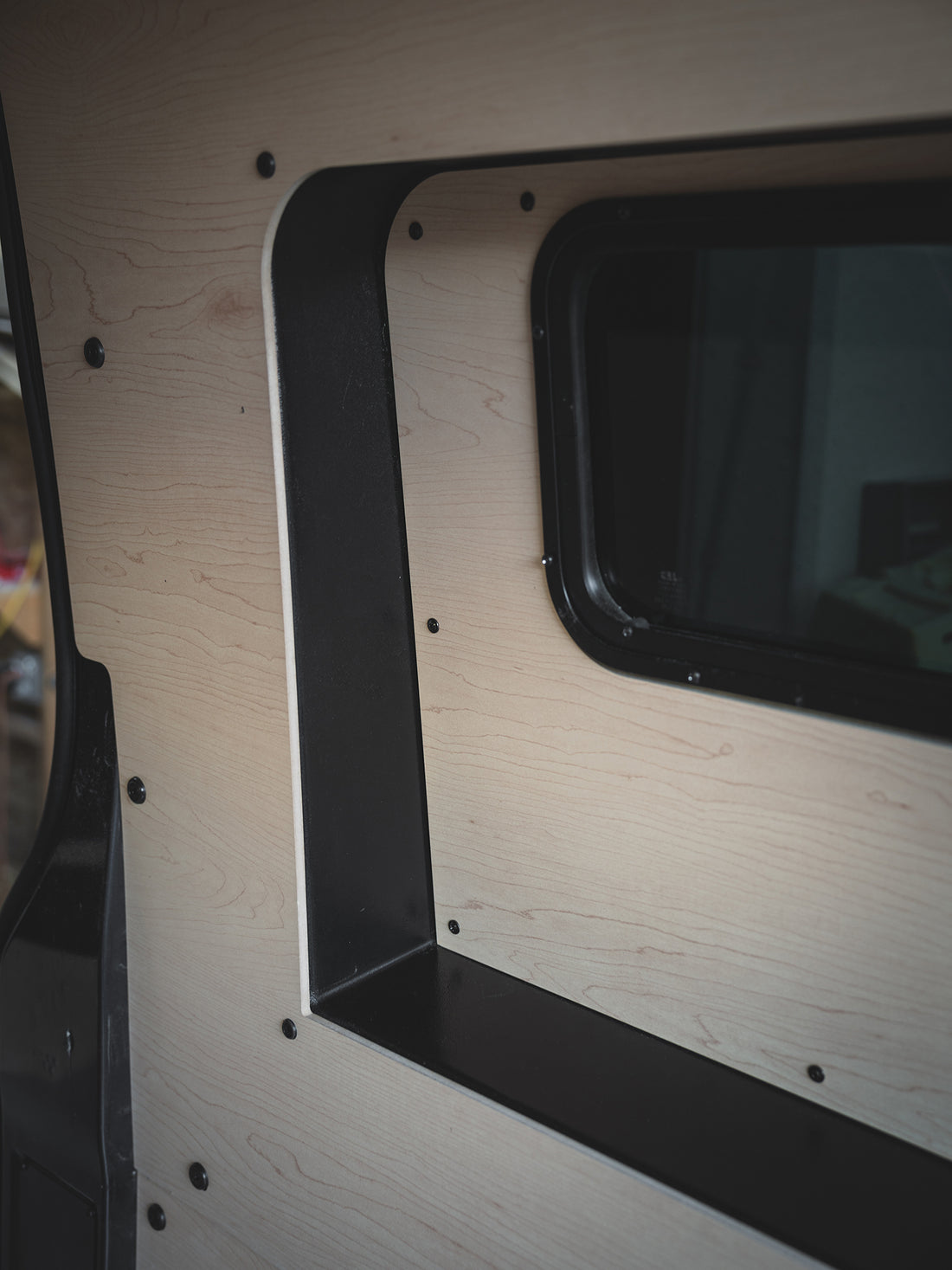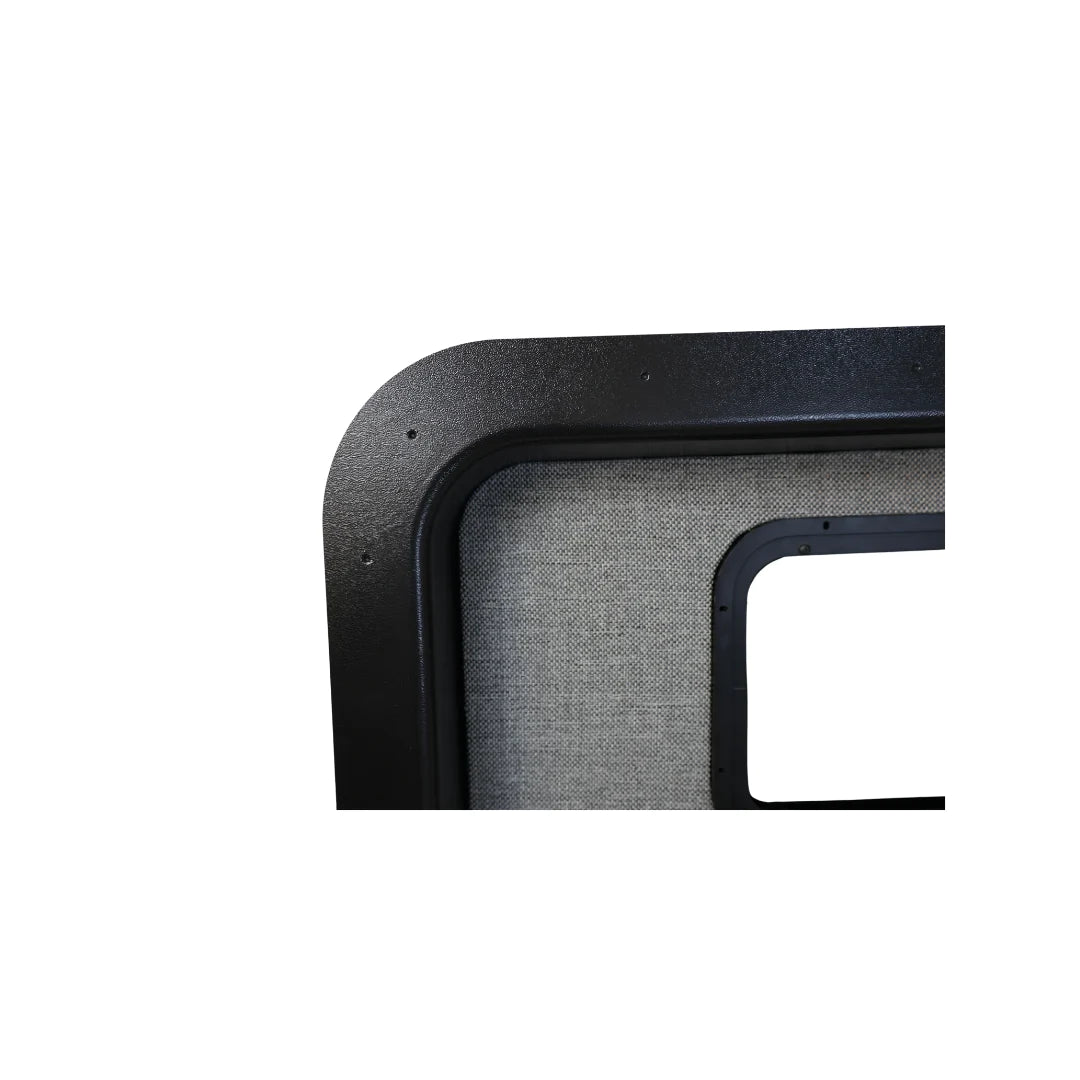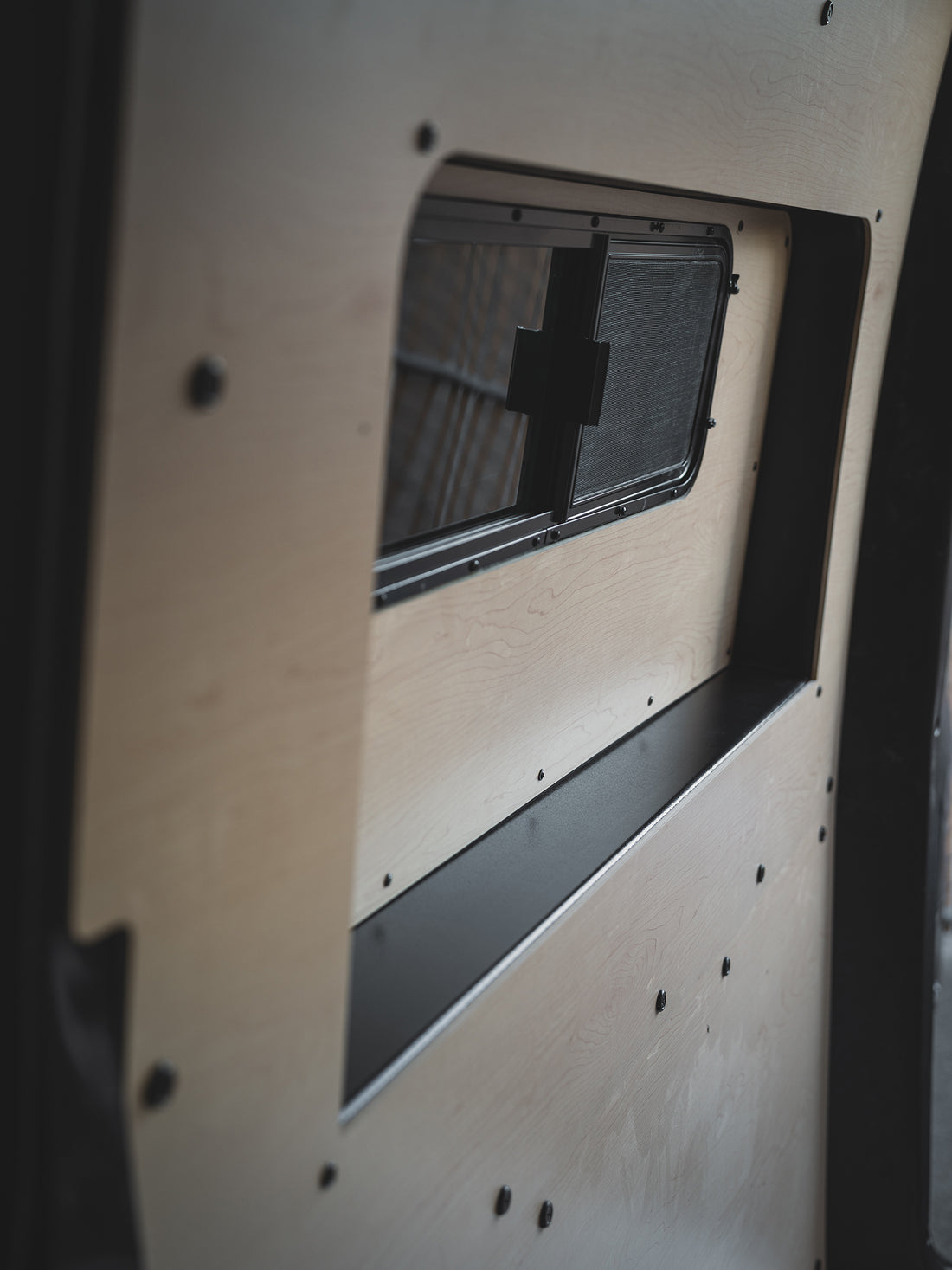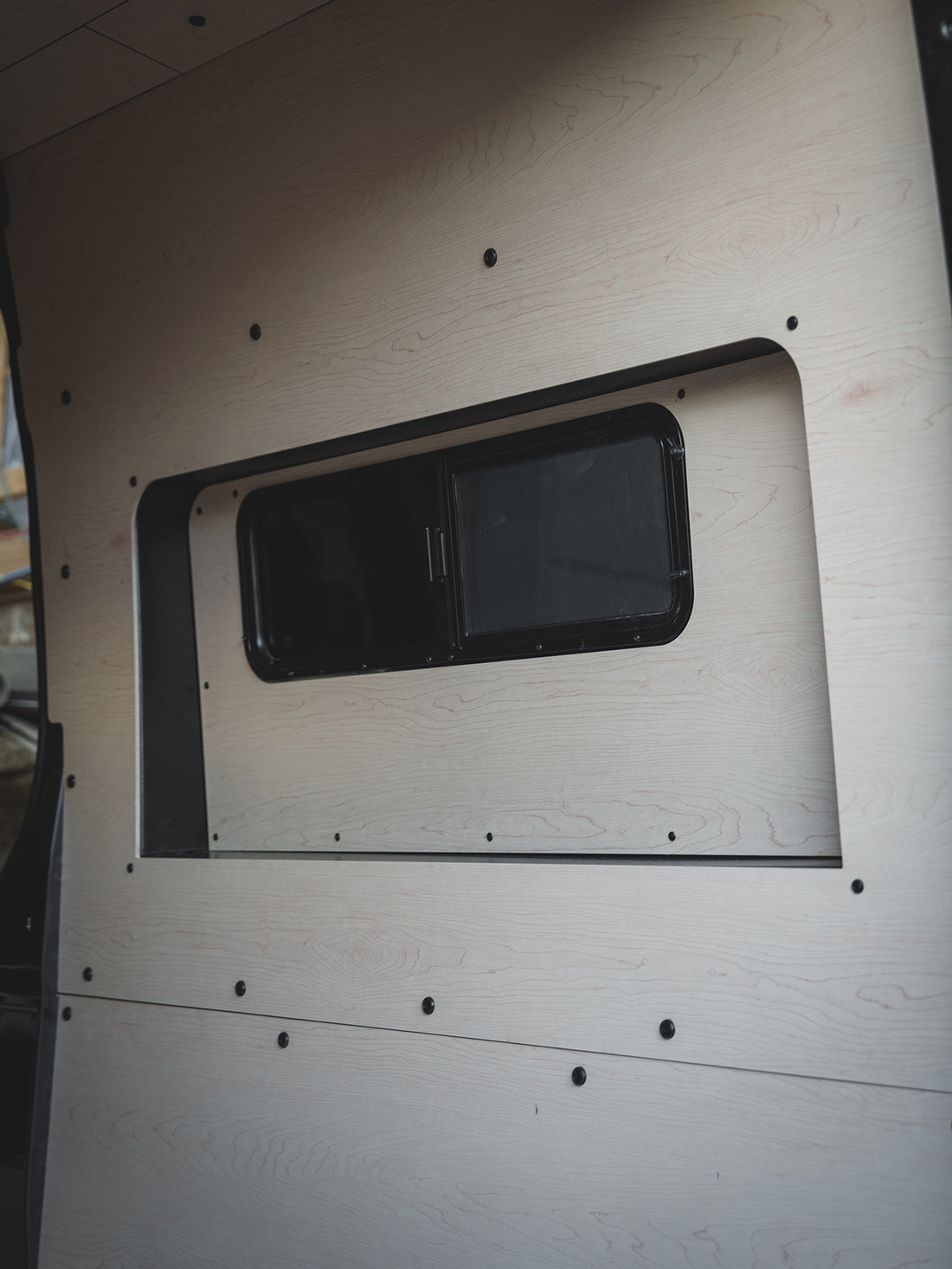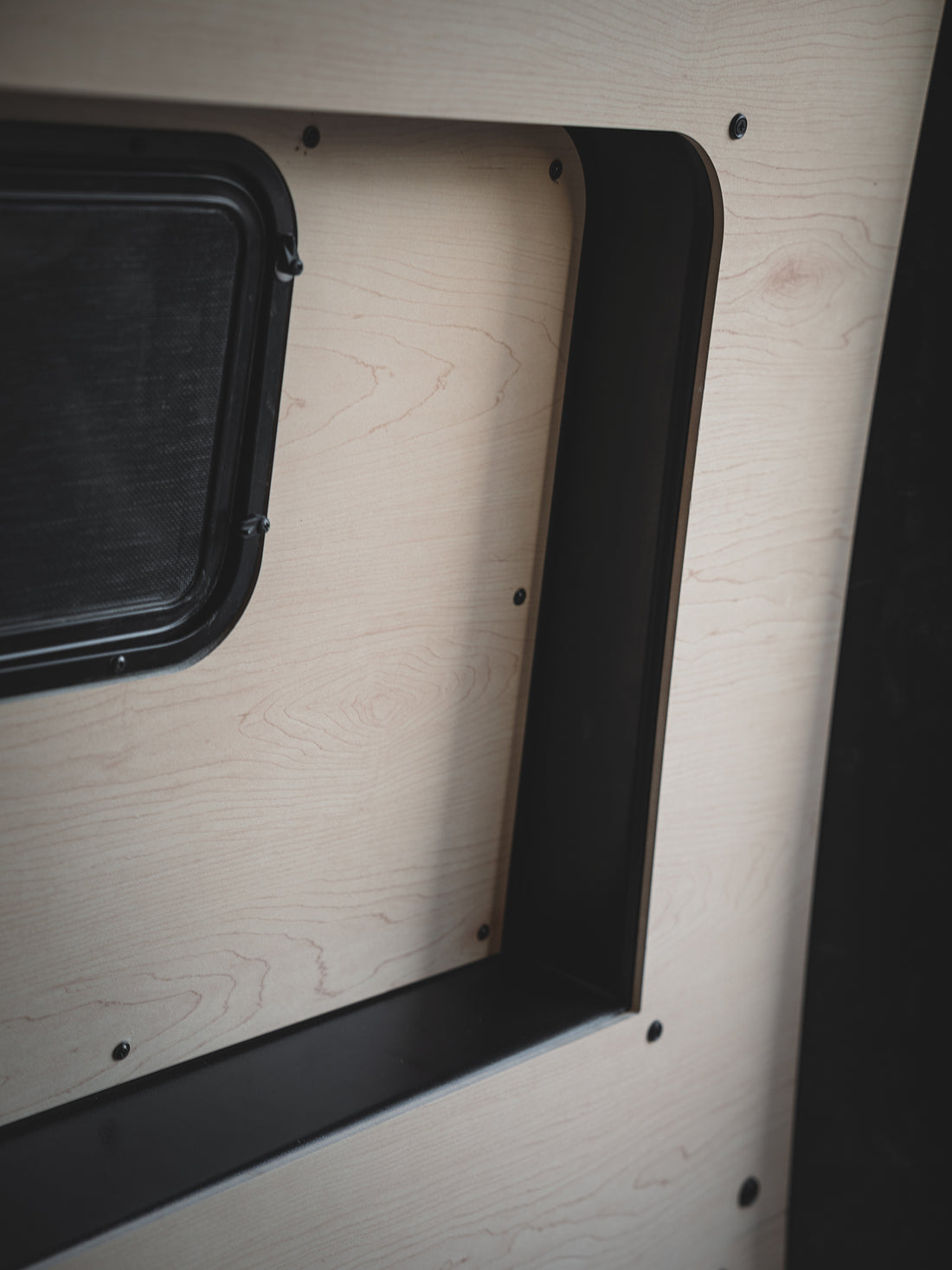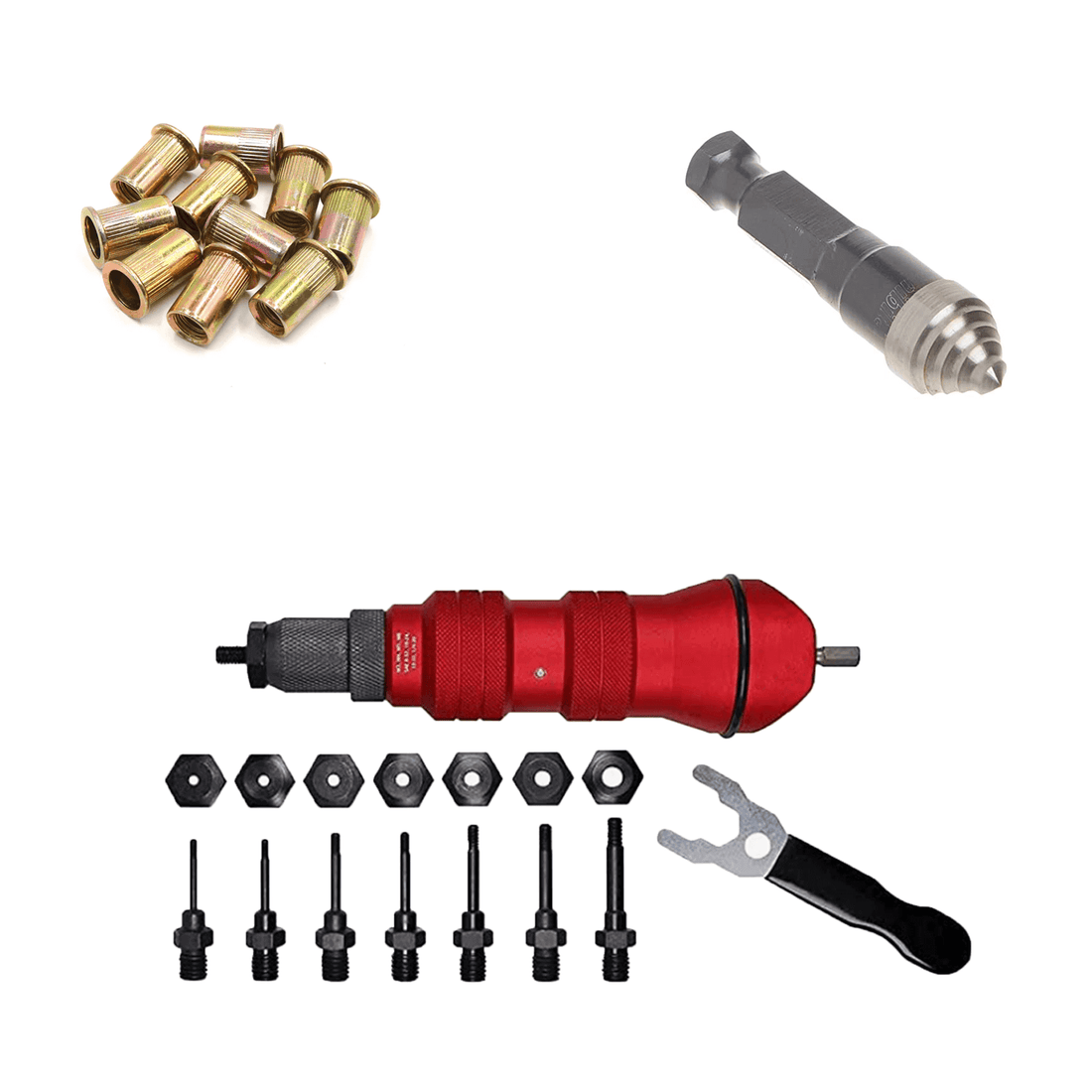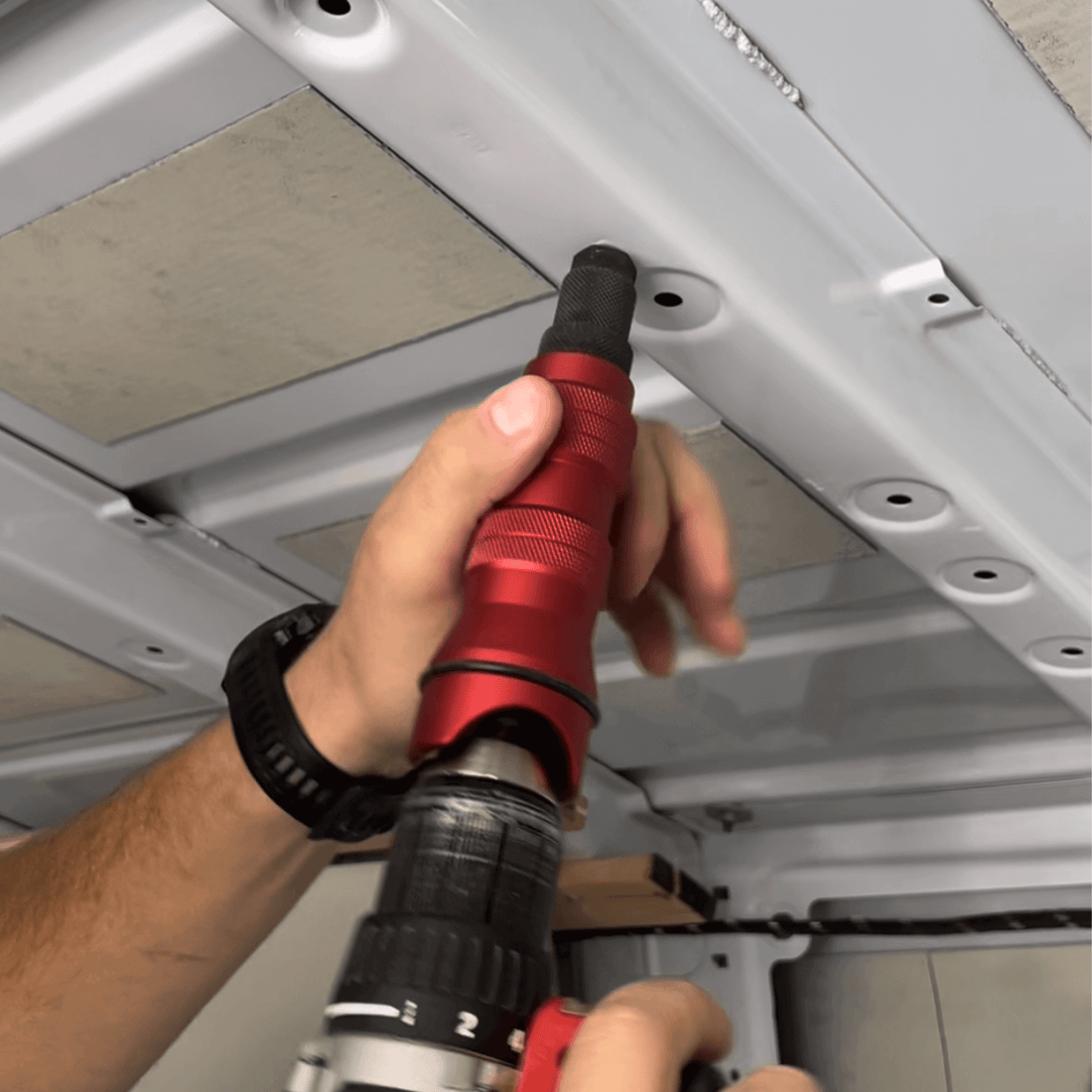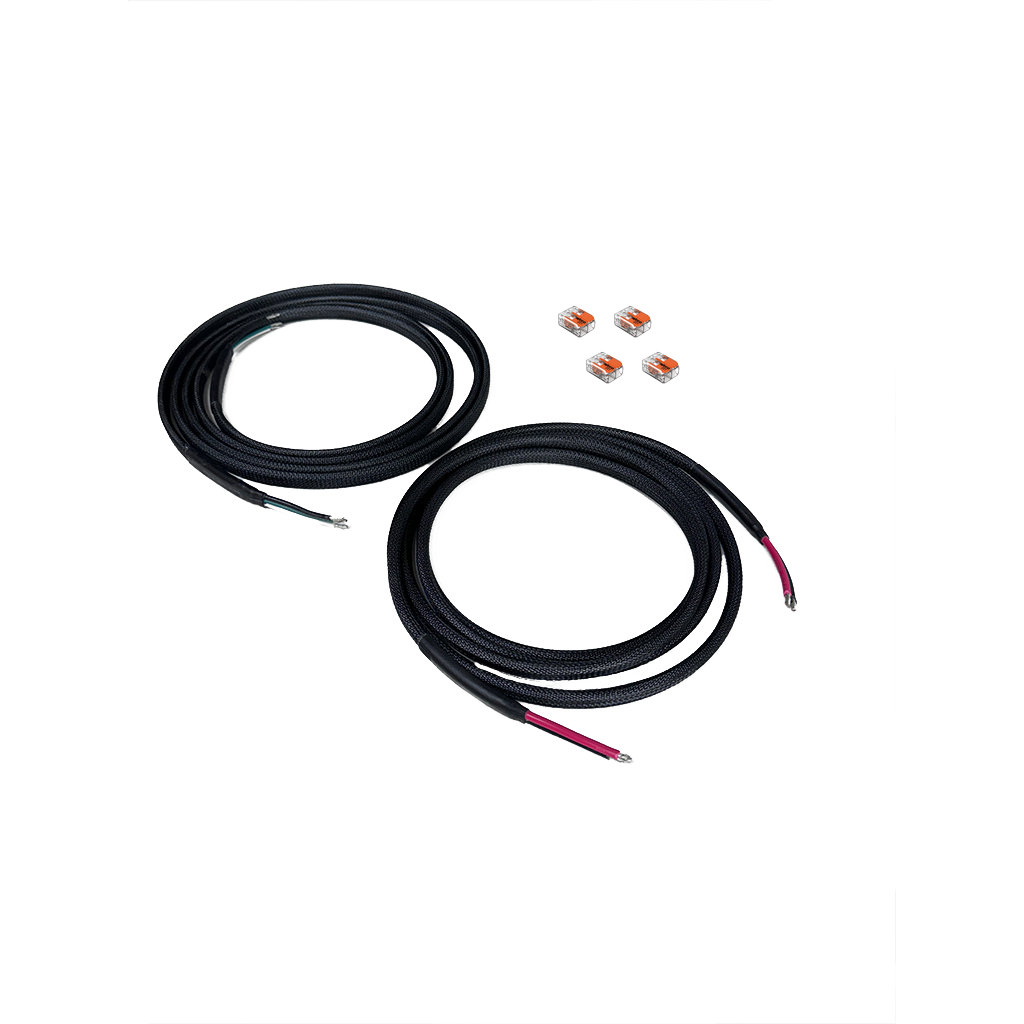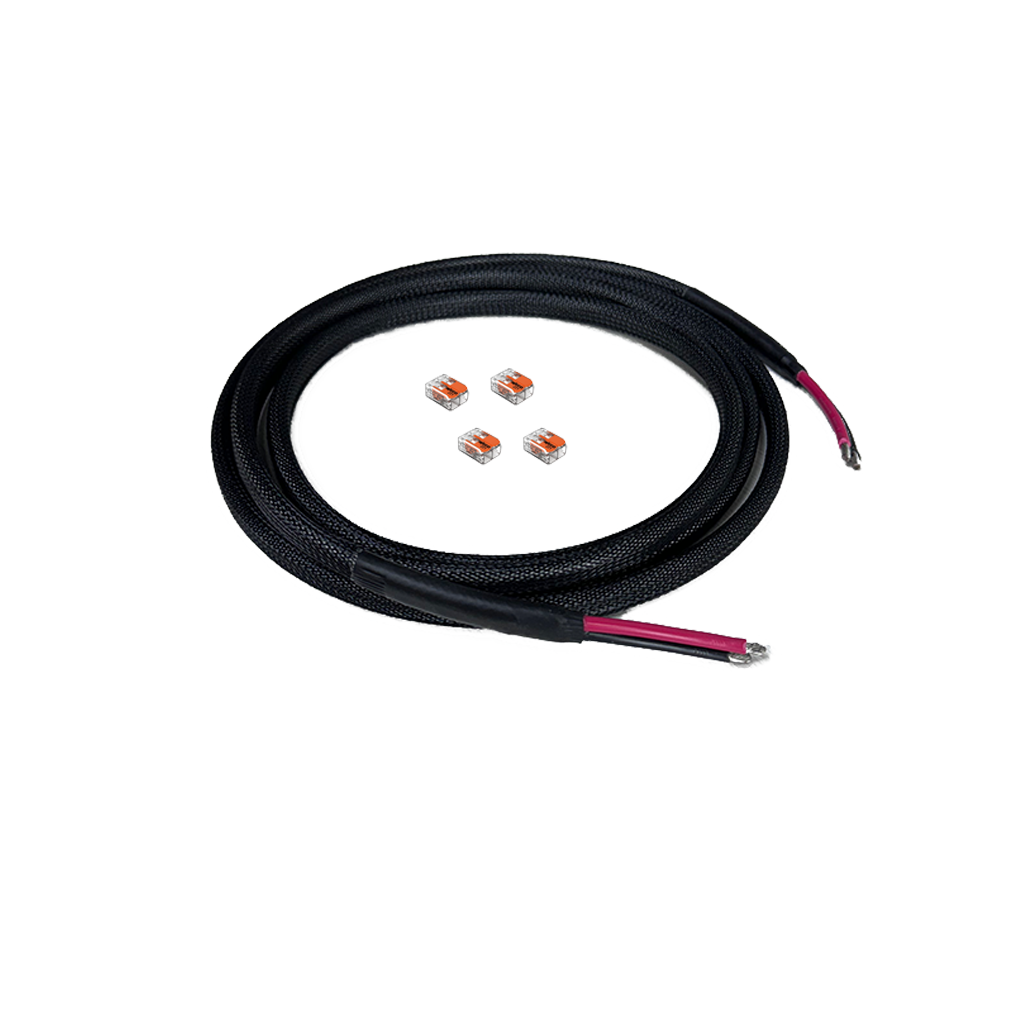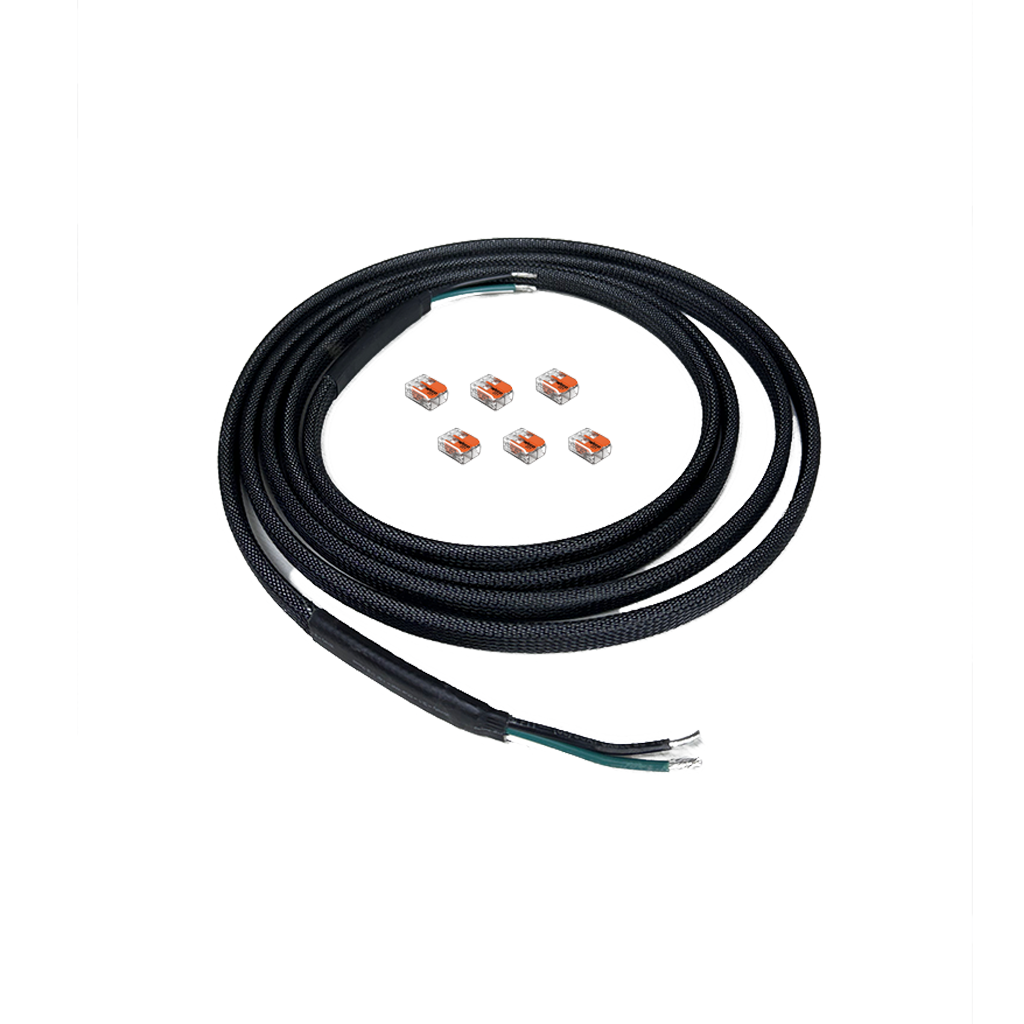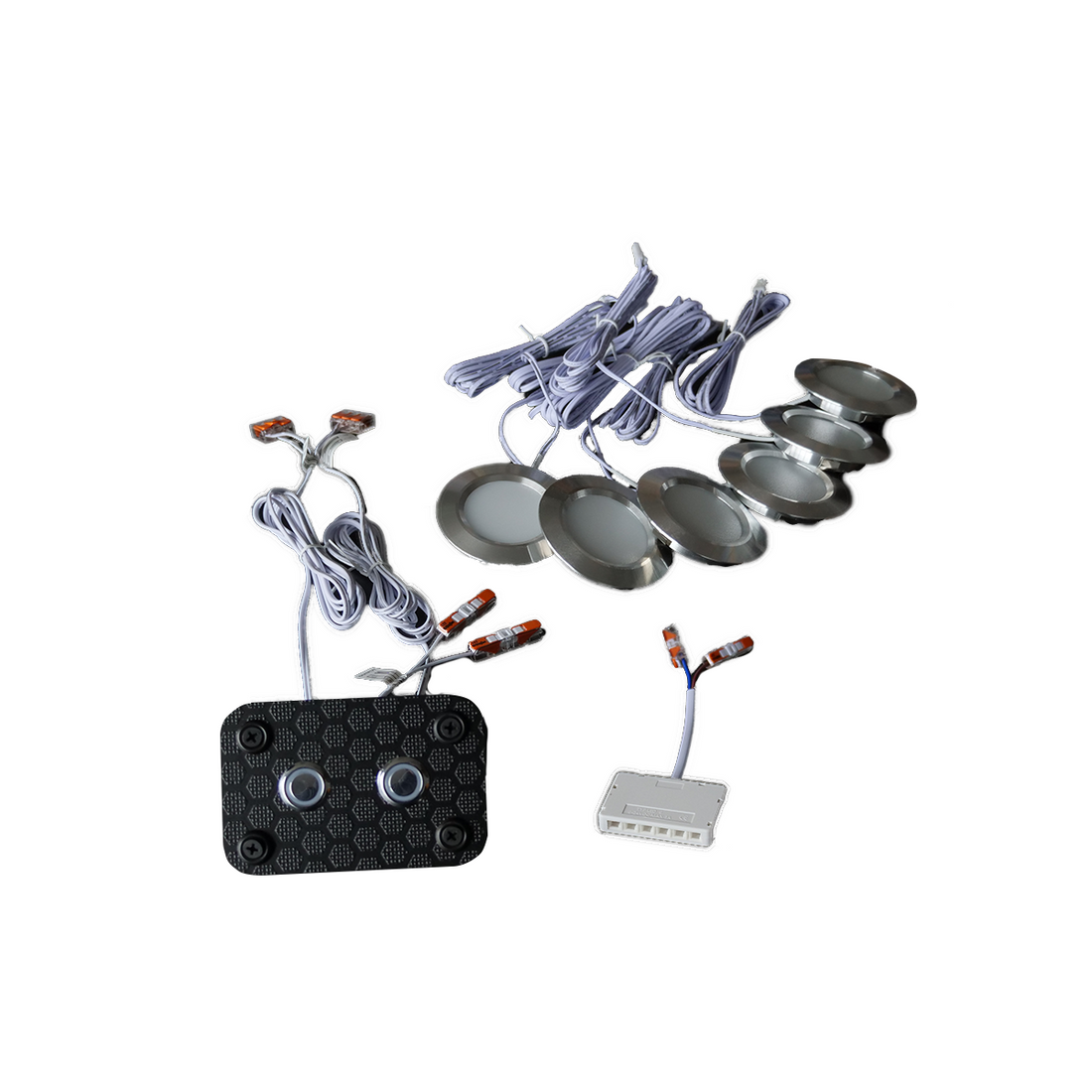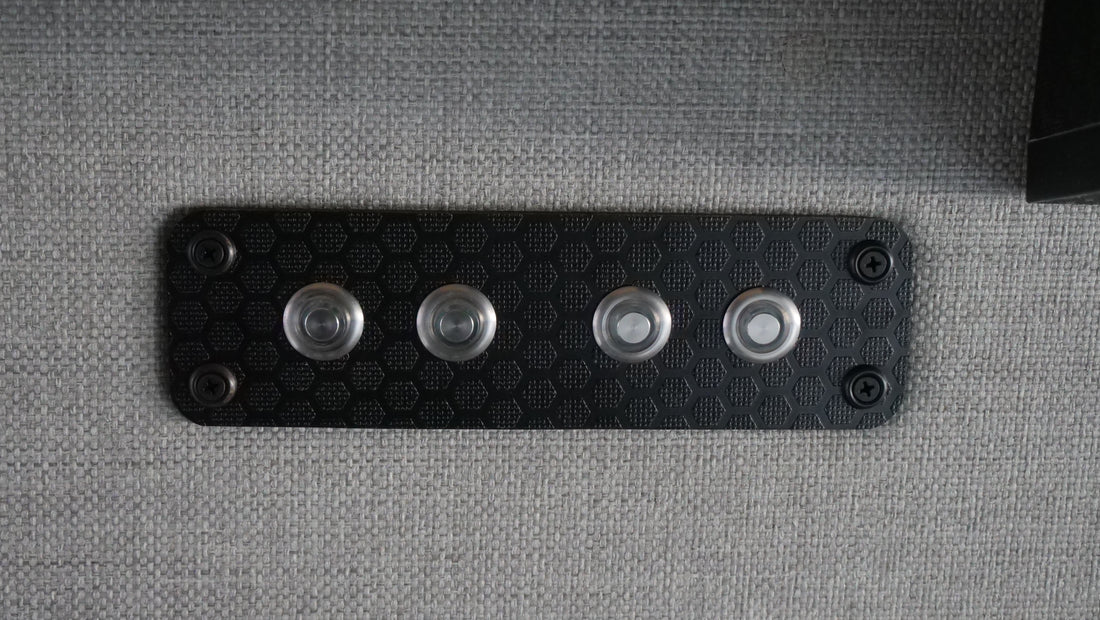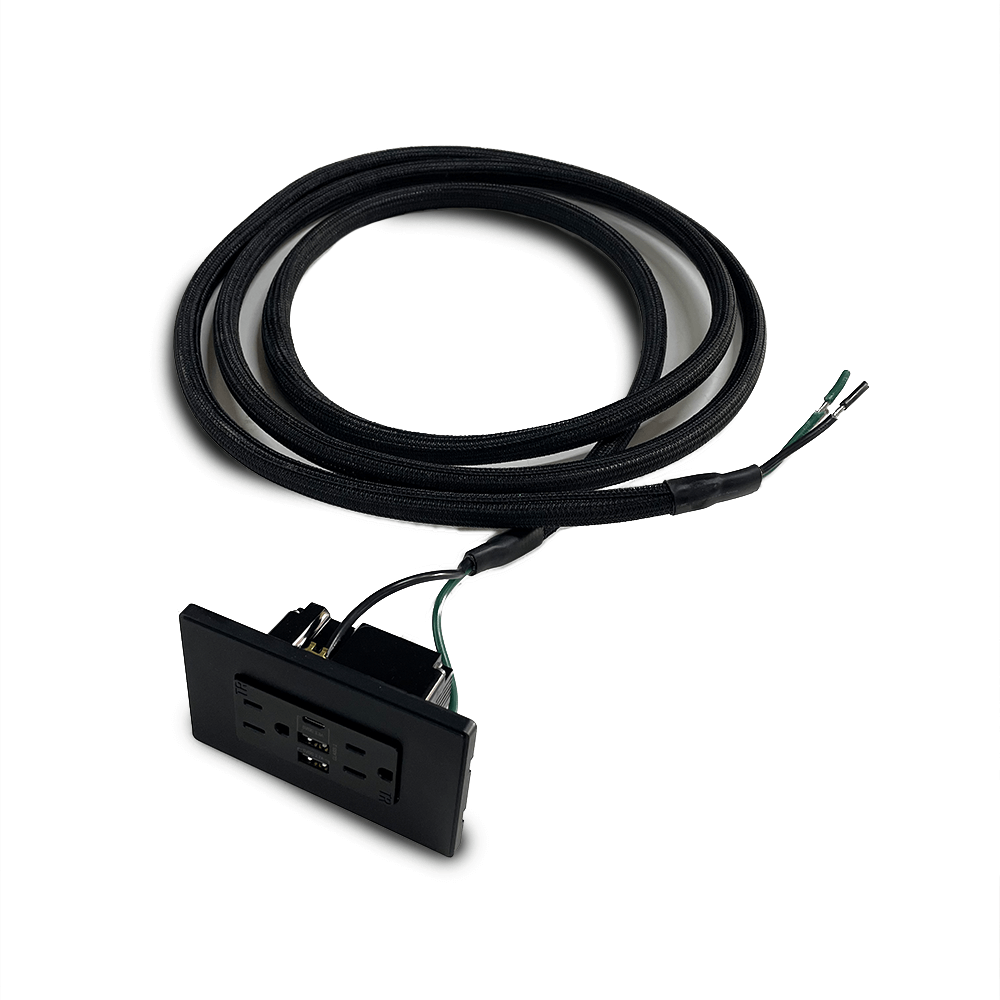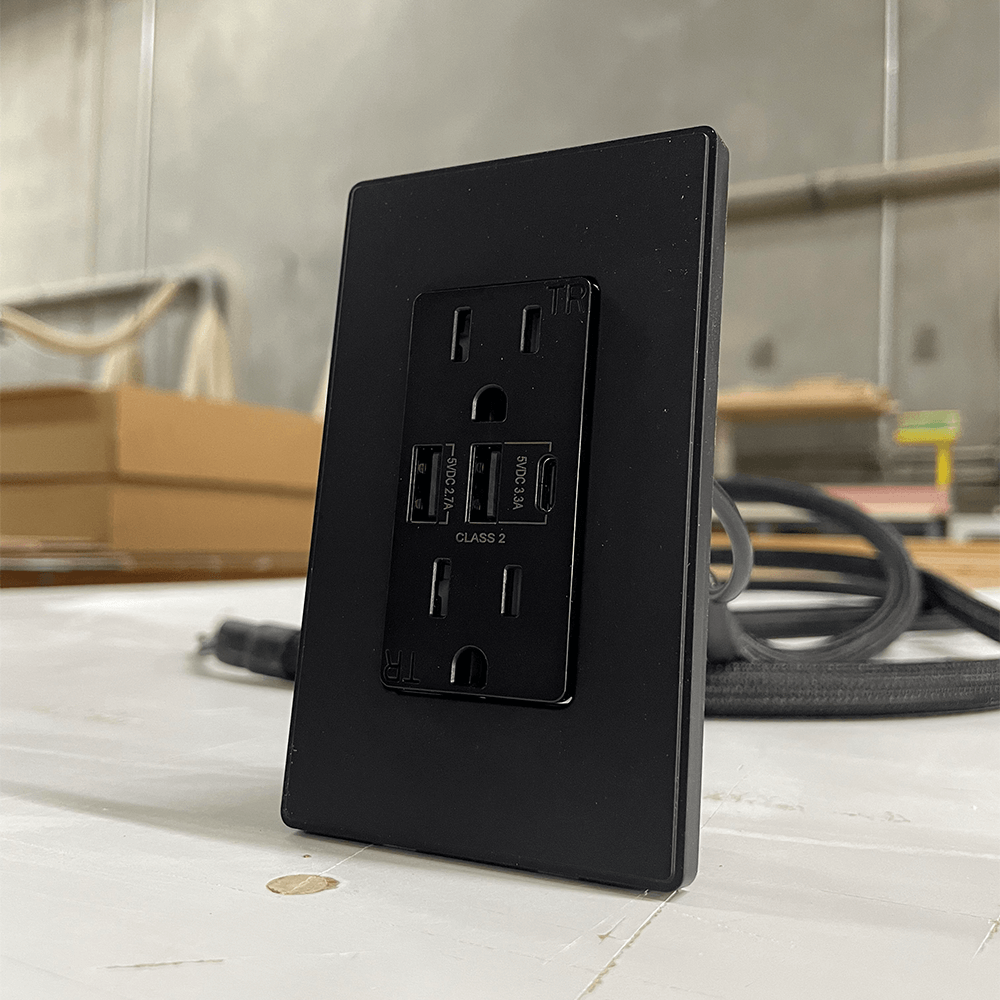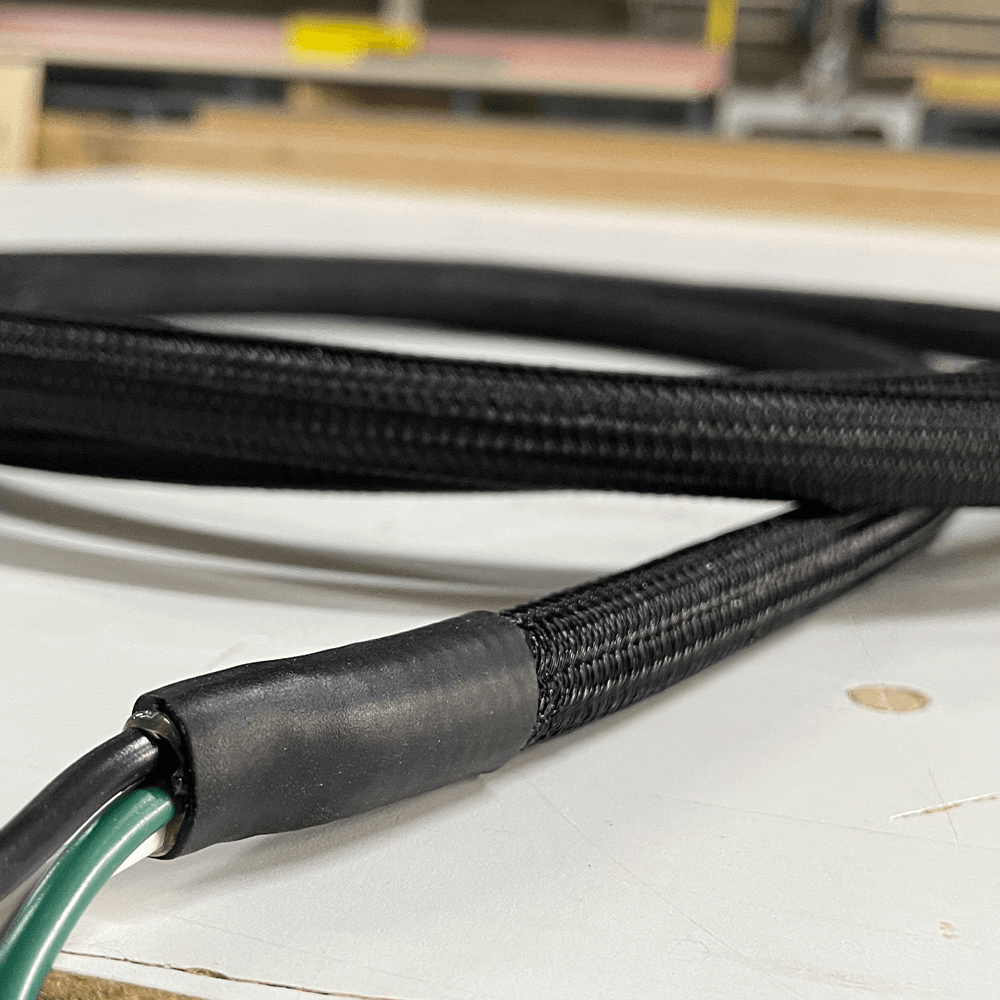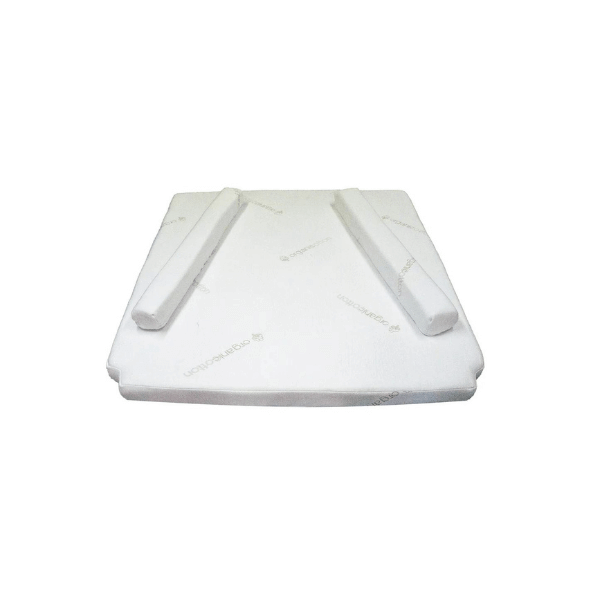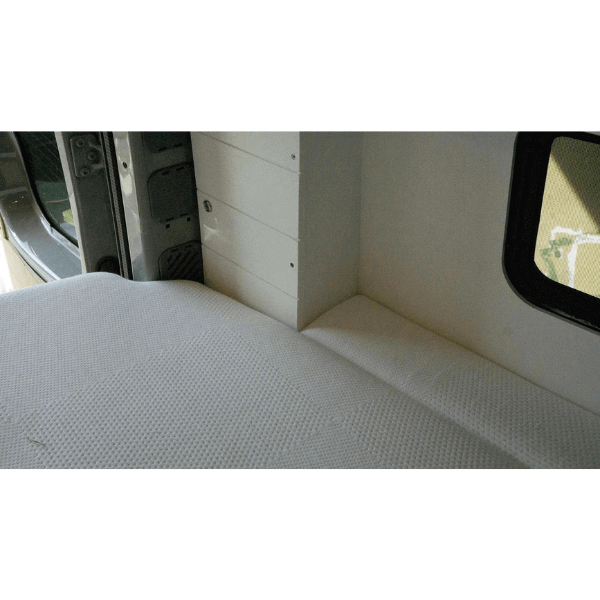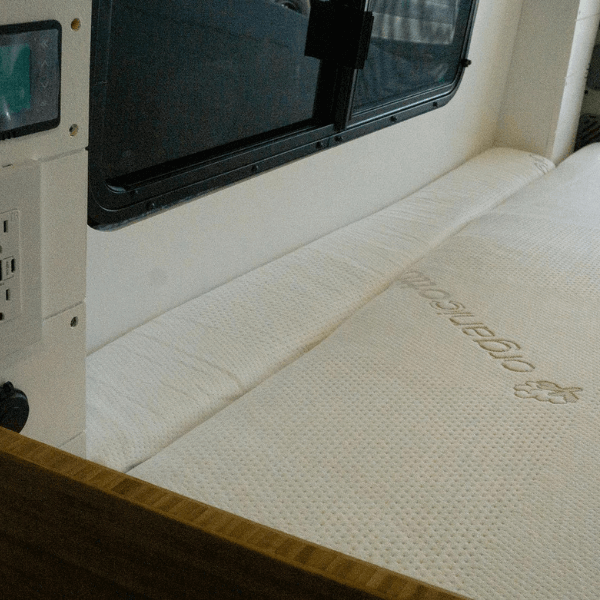
Van Conversion Ideas
On the Road to Freedom: Choosing the Right Van for Your Conversion Journey
On the Road to Freedom: Choosing the Right Van for Your Conversion Journey
Embarking on a van conversion journey is an exciting endeavor that opens up a world of possibilities for creating a mobile sanctuary tailored to your lifestyle. However, before diving headfirst into the world of DIY van conversions, choosing the right van as the foundation for your project is crucial. In this guide, we'll explore the key factors to consider when selecting a van for conversion, including size, fuel efficiency, and budget.
Size Matters:
The first and most critical factor to consider is the size of the van. The dimensions of your van will significantly impact the comfort and functionality of your converted space. Consider your intended use – a weekend getaway vehicle, a full-time mobile home, or a work van with added living quarters.
Cargo Van vs. Passenger Van:
- Cargo Vans: These vans are essentially blank canvases, providing ample space for customization. With an open cargo area, you have the freedom to design your layout from scratch, making them a popular choice among DIY enthusiasts.
- Passenger Vans: While initially designed for carrying people, these vans offer potential benefits such as existing windows and seating. However, converting them requires extensive modifications to transform the passenger area into a functional living space.
- Conversion Ease: Cargo vans generally facilitate a smoother conversion process due to their open layout. On the other hand, passenger vans might require removing existing seats, potentially adding complexity to the conversion.
- Space Utilization: Cargo vans are a favorite for those aiming to optimize space utilization fully. The absence of windows in the cargo area allows for more flexible placement of fixtures, insulation, and storage. Still, you risk the sacrifice of less natural light or a more complex build to install functional windows.
- Aesthetics: Passenger vans may already have a more finished interior, offering a more aesthetically pleasing starting point. However, this can also mean more effort and resources spent on modifications.
Wheelbase and Roof Height:
- Wheelbase Options:
- Short Wheelbase (SWB): Offers better maneuverability, making it an excellent choice for city driving and parking. However, the limited interior space might be a constraint for a full-time living setup.
- Medium Wheelbase (MWB): Strikes a balance between maneuverability and interior space. It's a popular choice for versatile use, providing enough room for conversion while remaining manageable on the road.
- Long Wheelbase (LWB): Maximizes interior space, making it ideal for those planning extensive conversions or seeking a more spacious living area. However, it might be challenging to navigate in tight spaces.
- Roof Height Options:
- Low Roof: Offers a more inconspicuous and aerodynamic profile. However, it limits standing room, making it less suitable for tall individuals and more cramped for extended living.
- Medium Roof: Strikes a balance between height and practicality. It provides a reasonable standing room without compromising too much on fuel efficiency or overall height.
- High Roof: Maximizes vertical space, allowing comfortable standing and the potential for additional storage or loft-style layouts. While this enhances the livability of the space, it may impact fuel efficiency and overall clearance.
- Interior Design Considerations:
- Headroom: The height of the roof directly influences the comfort of your living space. Consider how much headroom you need for daily activities and overall comfort.
- Insulation and Ventilation: A higher roof allows for more insulation and better ventilation options, crucial for maintaining a comfortable interior temperature in various weather conditions.
By carefully considering these size-related factors, you can ensure that your chosen van meets your current needs and provides flexibility for future adaptations. Whether you prioritize maneuverability, interior space, or balance, selecting the proper size lays the foundation for a successful van conversion project.
Fuel Efficiency:
Efficient fuel consumption is not only eco-friendly but also easier on your wallet, especially if you plan on covering long distances during your travels. Consider the following factors:
- Engine Size:
- Smaller engines tend to be more fuel-efficient but may have limitations on power.
- Larger engines offer more power but can consume more fuel.
- Fuel Type:
- Diesel engines often provide better fuel efficiency and torque, making them ideal for long journeys.
- Gasoline engines are more readily available and might be preferred for shorter trips.
Budgetary Considerations:
Setting a realistic budget is crucial for the success of your van conversion project. Consider not only the initial cost of the van but also potential conversion expenses.
- New vs. Used Vans:
- New vans may have warranties and the latest features but are pricier.
- Used vans can be more budget-friendly, but assessing their condition is essential. Sometimes you might find what looks like a good deal but can quickly turn into a mechanical nightmare that costs more and more with every drive.
- Conversion Costs:
- Factor in the cost of insulation, flooring, electrical systems, and other materials for the conversion.
- Decide whether you'll be doing the conversion yourself or hiring professionals.
Mechanical Condition:
A reliable van is the key to a successful conversion. Prioritize vans with good mechanical condition to avoid unforeseen issues down the road.
- Mileage and Maintenance History:
- Lower mileage often indicates less wear and tear.
- A comprehensive maintenance history provides insights into the van's care.
- If buying used, consult with a specialized mechanic before purchasing.
Choosing the right van for your conversion project involves careful consideration of size, fuel efficiency, budget, and mechanical condition. Take the time to research and test-drive various options before making a decision. Remember, the perfect van is the one that aligns with your unique needs and aspirations, paving the way for countless adventures on the open road.


